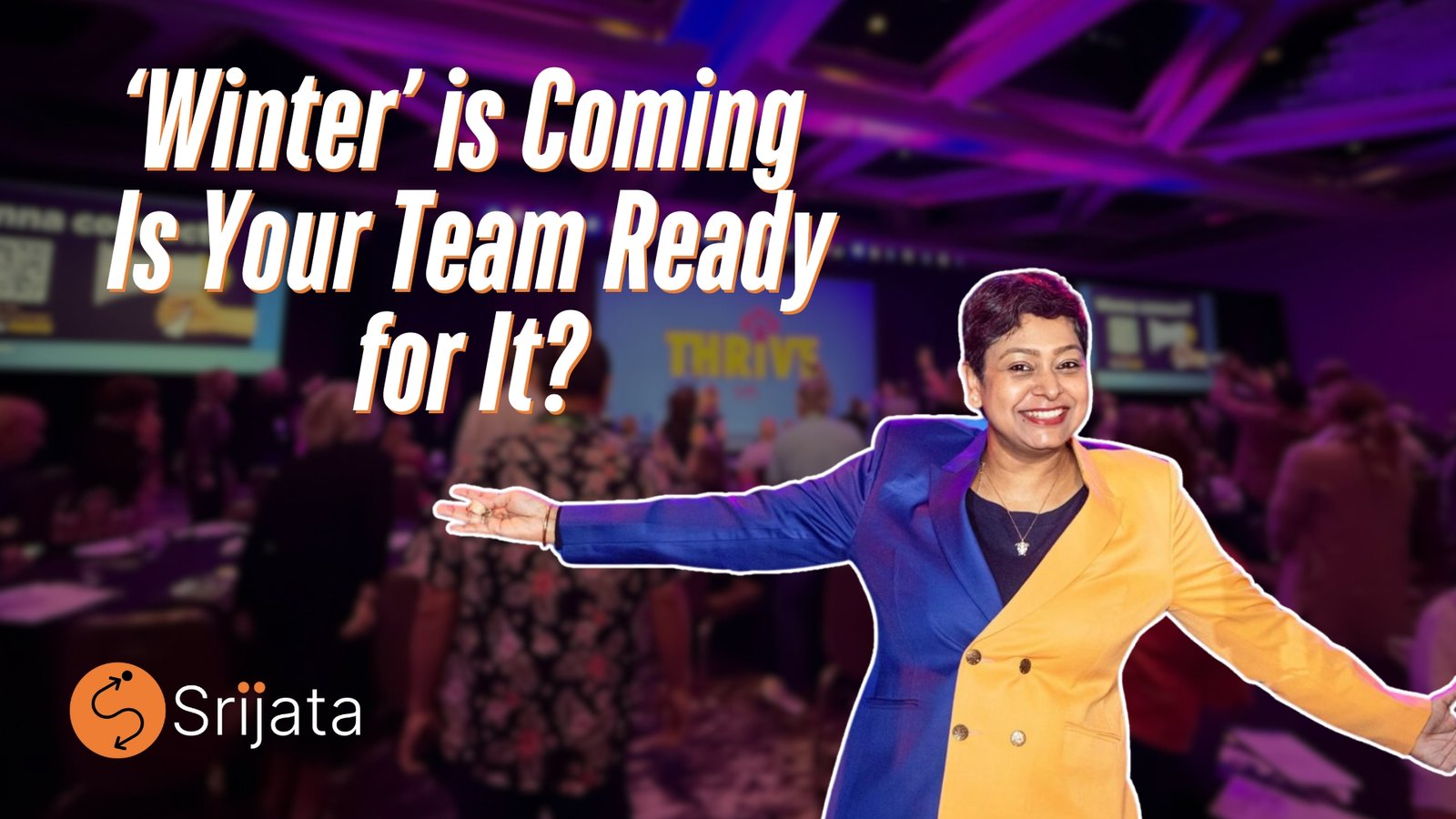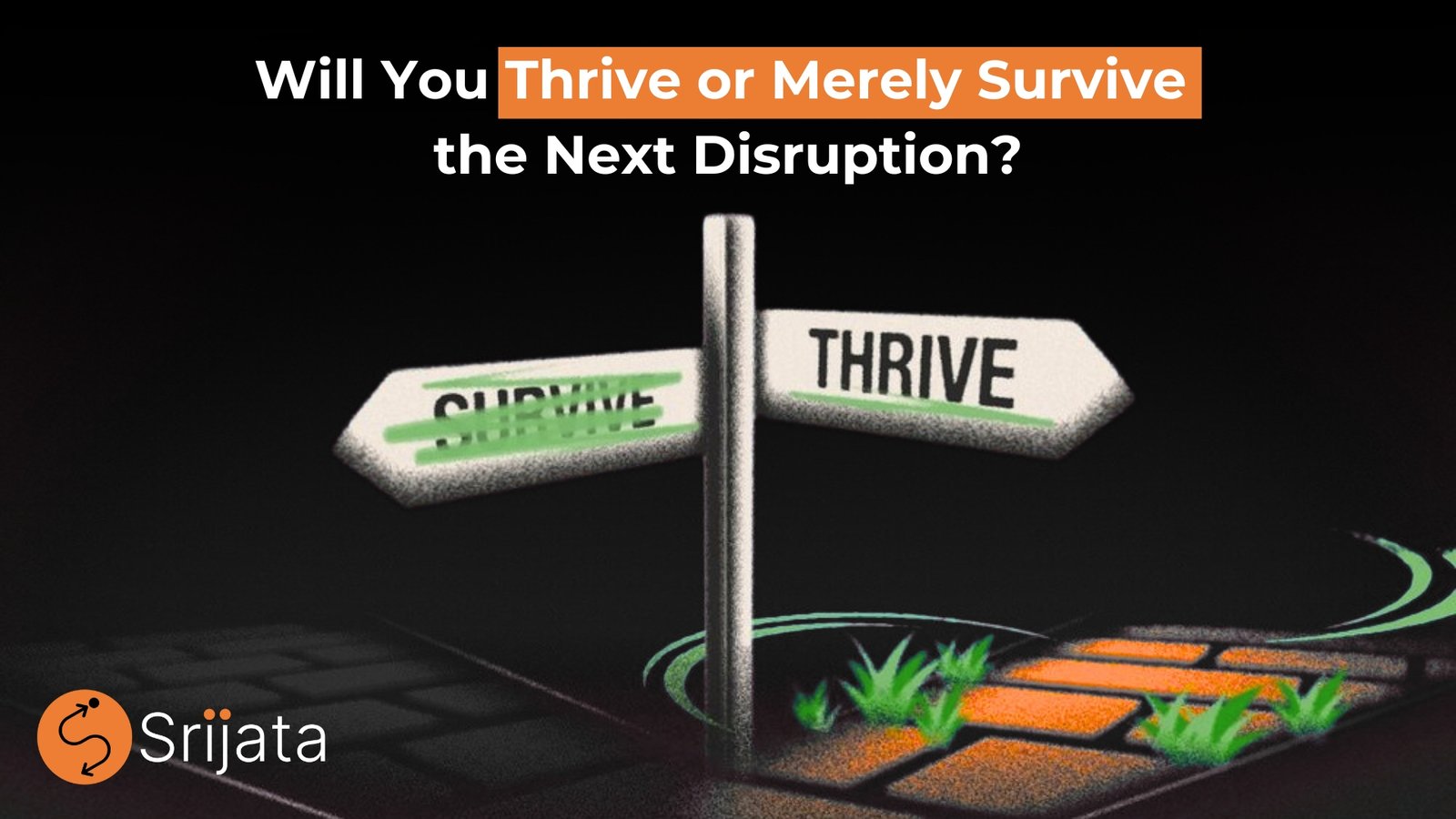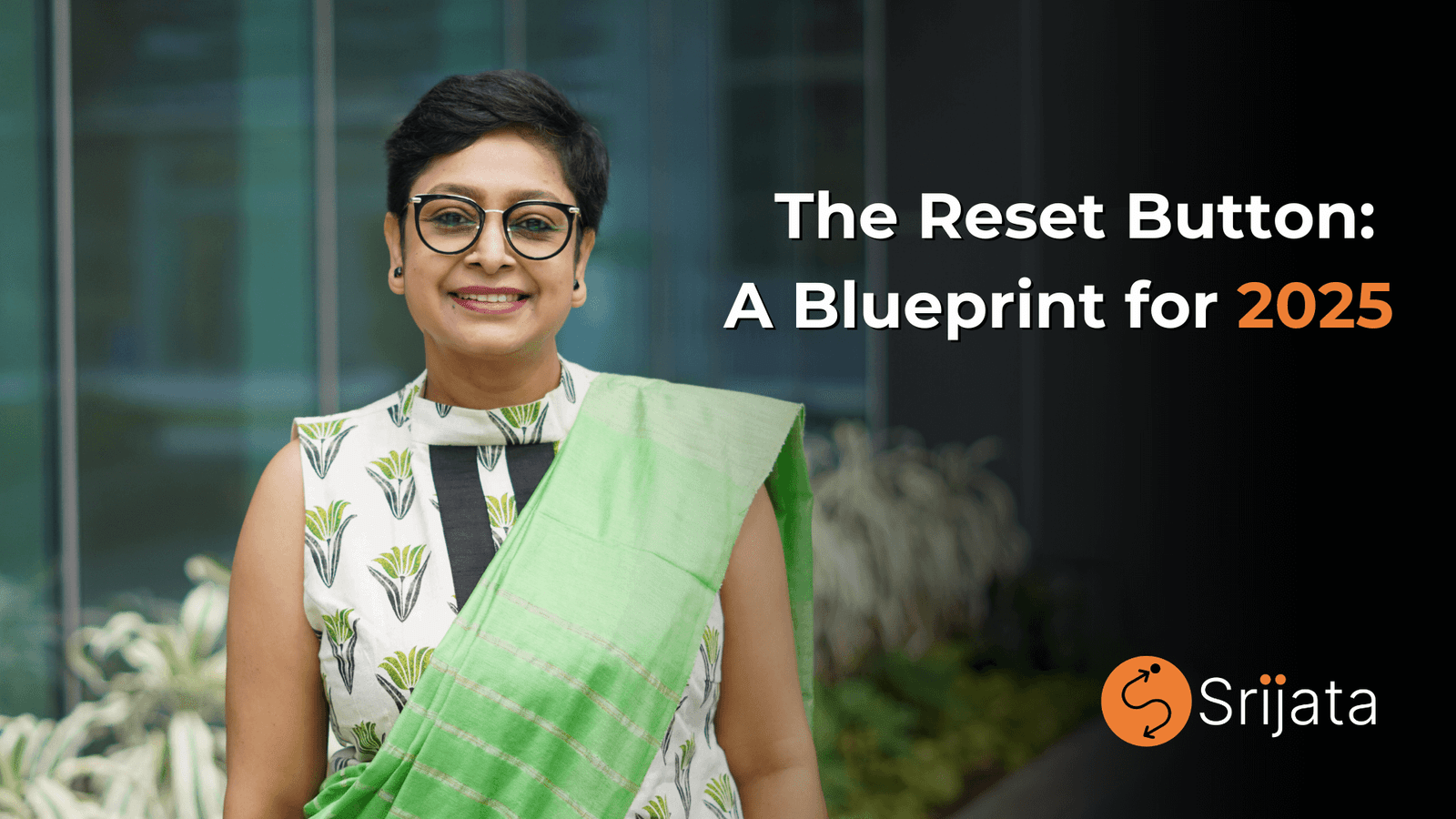If you are a speaker, ask yourself this question. And observe your answers.
If you are confused about both terms, let me tell you, you are not alone. Most often, I see speakers interchangeably using both these terms. Some say they are public speakers, whereas they are professionals. Others mention themselves as professional speakers, whereas they are public speakers.
So, what differentiates a public speaker from a professional speaker?
There are many. As a professional speaker since 2017 and an integral part of the Professional Speakers Association, India, as their National Membership Chair in 2020-2021, I have noticed these nine prominent differentiators.
1. All public speakers may not be professional speakers. All professional speakers are public speakers.
Public speaking is primarily an act of speaking to a live audience. The purpose of public speaking was traditionally set as ‘persuasion.’ Therefore, anyone wanting to persuade an audience could be a public speaker. For example, politicians, industry leaders, and religious gurus could be public speakers. It may be a need for them to perform public speaking to enhance their primary profession. Speaking may or may not be their primary profession.
Professional speaking is beyond simply speaking in front of a live audience for the sole reason of persuasion. A professional speaker is highly skilled and has deep knowledge in their domain of expertise. Therefore, they choose to adopt speaking as their primary profession. A professional speaker doesn’t have to be a politician, industry leader, or religious guru.
2. Public Speaking is a need or a hobby. Professional speaking is a profession.
As mentioned above, public speaking is generally an accompaniment for the public speakers’ primary line of work. A public speaker is a speaker because of a need, a hobby, or a side hustle.
However, a professional speaker treats their speaking as a profession. Therefore, they keep upskilling themselves deliberately. This upskilling could be reading, learning, researching, writing, developing newer solutions to existing problems, and many more.
3. Public speakers may or may not earn a living from their stage appearances, but professional speakers do make a living from their stage time.
Most public speakers use speaking to gain authority in their primary profession. They use speaking as a tool to increase their influence on the audience. They may or may not directly earn from the ‘act of speaking.’
A professional speaker is treated as an expert in a specific field and is generally hired by clients to help send a particular message to their audiences for a certain fee. Therefore, a professional speaker earns a living from the ‘act of speaking.’
4. Public speaking is about the art of speaking. Professional speaking is about both the art and business of speaking.
An individual can become a public speaker if s(he) focuses on building speaking skills. You can quickly become a public speaker if you are a great orator.
To become a professional speaker, you must focus on both speaking skills and the business of speaking. You need to know how to market yourself as an expert in a respective field, where the clients become eager to hire you and other business skills.
Many speakers miss this point. They think that if they master the skill of speaking, they will automatically become professional speakers. Alas, that won’t happen. They must learn the art of marketing and selling their expertise.

5. Public speakers mostly speak for a particular cause or personal gain. Professional speakers mostly talk to solve a specific client’s problem.
Think of some of the greatest speeches of history. What were they, according to you? Could you share them in the comments? I would love to know your choices of great talks. If your list contains only speeches by great men, here are a few talks by women who made it count, too. Michelle Obama, at the Democratic National Convention in 2012, spoke with high energy and passion. Or Meghan Markle’s address on The Magnitude of Individual Action at the UN Women in 2015. The most recent was the speech by US Vice President Kamala Harris. (Well, these may not be precise historical speeches. However, when were women allowed to speak historically, and who recorded them?).
In most cases, we will remember a speech made by a public speaker more than a professional speaker. Why is that? Public speaking happens on a public platform for a universal cause.
Whereas professional speakers often speak in a closed setting for their clients, solving a specific problem for them. They have deep expertise in certain areas where the clients need support.
6. Clients may hesitate to hire public speakers for specific problem-solving. Clients look forward to hiring professional speakers for specific problem-solving.
Public speakers are often hired to inspire or persuade the audience toward a universal cause. They are generally not subject matter experts; hence, a professional speaker is preferred for specific problem-solving.
A professional speaker brings expertise and experience to solve the specific problems of clients and their audiences. Hence, they are not hired for their charisma but, more often, for their expertise.
7. Public speakers are primarily generalists. Professional speakers are mainly experts in one or two domains.
Public speakers are often generalists or may choose a cause for their talks. If you see the speech examples above, you will notice that they have a universal issue as a theme. How about your favorite speech? Does it address a specific problem or dwell on a worldly cause?
On the contrary, professional speakers thrive on profound expertise. They focus on studies, research, case studies, personal experiences, and deep learning to build their knowledge on a specific topic. They eventually become the thought leader in their subject of expertise, and the whole world looks up to them for their thought leadership.
8. Most public speakers’ topics are 1 mile wide and 1 inch deep. Professional speakers’ topics are mostly 1 inch wide and 1 mile deep.
Most public speakers are great orators, and they may be broader than deep regarding knowledge about their speech topics. They may have an overall understanding of the topic. However, they may lack the ability to dive deep into the topic.
On the other hand, professional speakers have deep knowledge about a specific topic and can engage with audiences whenever needed because that’s their forte.
9. Public speakers are often asked to speak for free, while professional speakers are invited to talk for free less often.
Fees are a significant difference between public and professional speakers. Public speakers mostly appear on a platform to speak as an honorary gesture. Most often, their speeches are free of monetary payments. Clients generally expect public speakers to perform for free. Sometimes, public speakers do get an honorarium for their appearance.
Professional speakers are less often asked to appear on a platform for free. Because clients know it is their profession, they are ready to compensate the professional speakers monetarily. Professional speakers are generally paid a considerable fee for their services.
Wrapping up:
As you can see, there are quite a few differences between both terms.
Should you wish to be satisfied with your expertise in speaking and how you benefit from this, you must help yourself identify where you stand in your journey. But before that, here are some similarities between public and professional speaking.
Public and professional speaking could be a highly fulfilling choice of work.
Public speaking and professional speaking both help enhance the authority of the speaker.
Public speakers, as well as professional speakers, are well respected in their circles.
Public and professional speakers work on making the world a better place.
So, have you found out whether you are a public or professional speaker? If your answer is a YES, that’s great. I am glad that you are aware of your current situation.
If your answer is NO, you may need help identifying your current situation. Feel free to seek help from a professional who can help you identify it. If you want me to help you with this, you can schedule a 45-minute one-on-one virtual call with me.
A few books you can read regarding this are How to Become a Global Keynote Speaker by Fredrik Härén, How to Get My First Paid Speaking Gig by Pravin Shekar, and Book More Business Make Money Speaking by Lois Creamer.
Go ahead, evaluate yourself, and create a growth path. You deserve it all and more.






